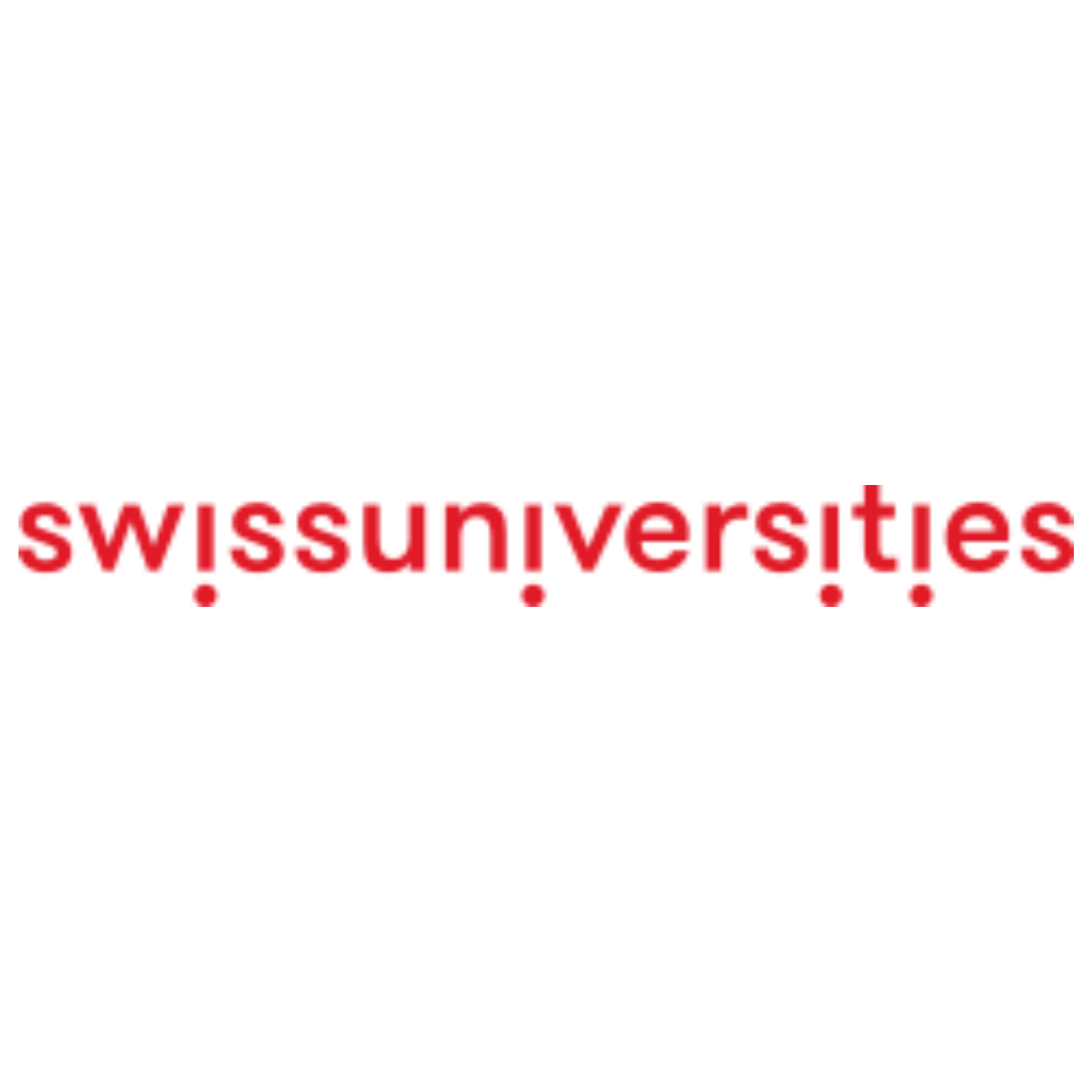Conflicts and freedom of expression, position of the UNIGE

Image modified by AI.
Russia's military intervention in Ukraine, the terrorist attack by Hamas on Israeli soil and the subsequent intensive bombardment of the Gaza Strip are having a devastating impact on the populations concerned and are provoking horrified reactions around the world.
Clear violations of international humanitarian law are multiplying at an alarming rate. They characterise many of the crises faced by the international community, from Iran to Nagorno-Karabakh, from Ukraine to Afghanistan, from Sudan to the Middle East. We call for an immediate cessation of these violations and firmly condemn them.
The current crisis and the human tragedies they engender are the cause of legitimate indignation, which is shared within our community. Beyond the necessary political analysis, which questions the historical, economic and societal foundations of these situations, there are individual tragedies and human suffering that cannot be denied or relativised.
In this particular moment, the University must reaffirm the importance of freedom of expression and the right of all to debate, present arguments, and embrace disagreements. This is a necessary condition for academic thought, and more broadly for the proper functioning of our democracies. In the face of tensions and the hardening of positions expressed, this freedom must be framed by clear principles that protect it: rejection of all forms of incitement to violence, discrimination, Islamophobia, anti-Semitism, and violations of our Code of ethics and professional conduct.
Within the limits set out above, it is not the responsibility of the University to dictate any binding interpretation or political line to which events, whatever their topic, should be submitted. Its role is to creates the conditions for open and respectful debate. Many public events take place within our walls, but the fact that the University hosts them in no way implies an endorsement of their conclusions. Such an interpretation would be in contradiction with its missions and values and with the academic freedom enjoyed by its members.
While it welcomes the voices of the community and associations, the University mainly brings its own academic contribution. Aware of its role as a "peace-builder" like all universities around the world, it strives to grasp, analyse and understand the many dimensions of international relations and promotes critical and humanist thinking. It is committed to the protection of civilians, respect for human rights and international humanitarian law and conflict resolution. It does so through events it brings to the community and through the expertise provided by the members of its community.
All questions should be allowed to be raised at the University, particularly – possibly most significantly – when they touch upon complex situations that require diverse perspectives. This freedom leads to disagreements and discomfort that must be accepted. However, the form taken by events or statements, as well as the context in which they occur, must take into account of the sensitivities of the members of the university community, protecting their right to a healthy work and study environment in which they can operate without fear or threat.
Victims or witnesses of acts or statements contrary to these principles can contact the Respect Unit. Free psychological consultations and health advice are also available to students affected by this conflict, through the Student Health Service.
There is a narrow path between freedom of expression and the respect due to all. Projects must be evaluated, and sometimes re-evaluated, in the light of the unrest they cause and the intentional or unintentional damage they do to the cohesion and the Vivre Ensemble of the university community, while resisting the deceptive comfort of censorship or self-censorship. Our ability to fulfil our missions and help understanding the world depends on it.
May 1, 2024University






